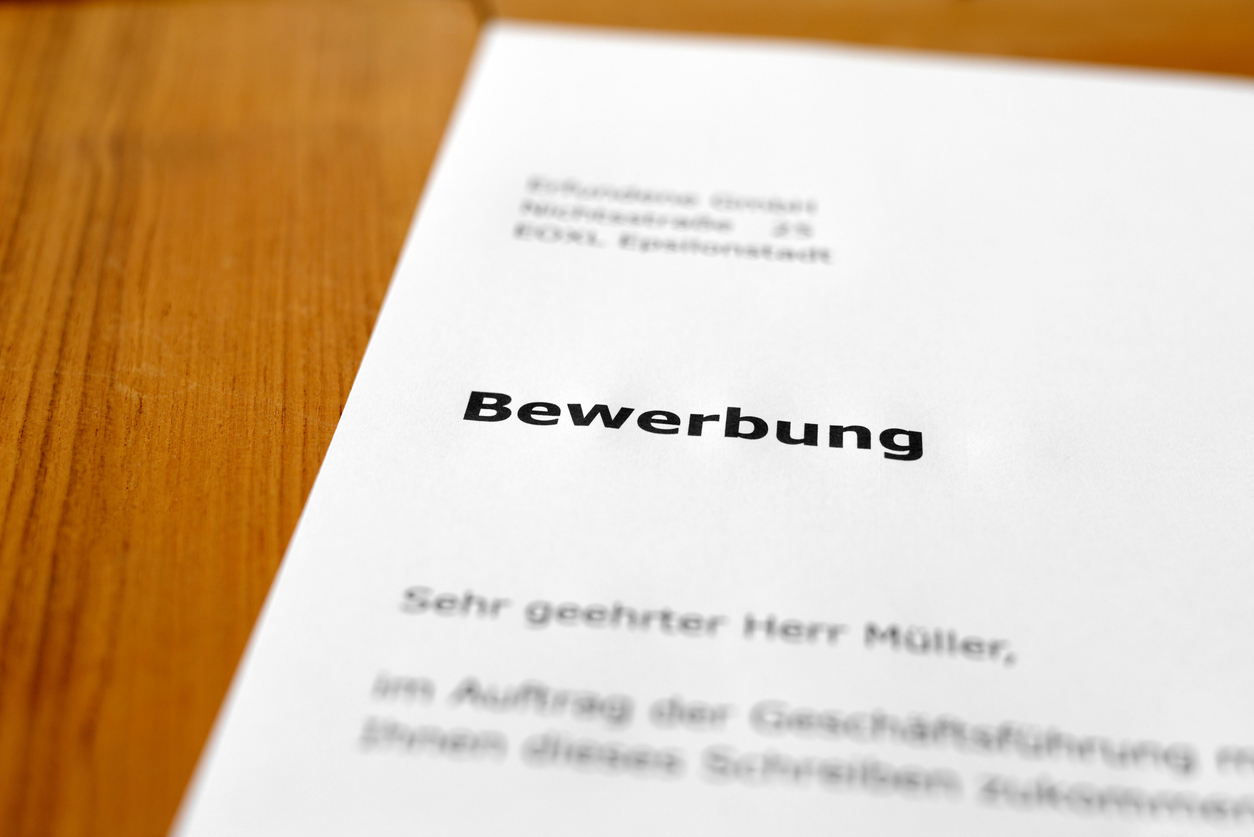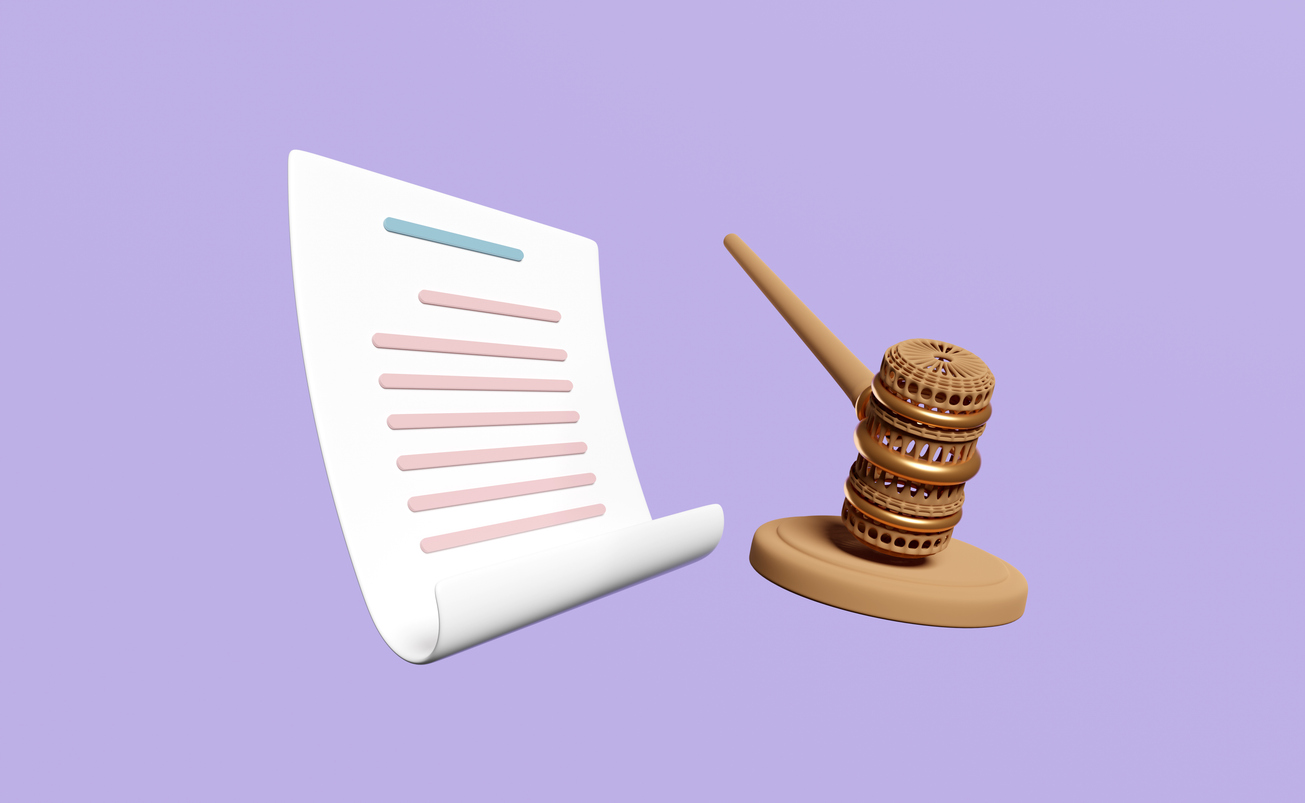Aspiring tax consultants and auditors are under enormous pressure to perform. Systematic strategies to strengthen mental resilience can help them to cope more confidently with difficult client situations and professional challenges.
Mental robustness as a key competence
Mental resilience describes the ability to survive stressful situations without permanent impairment. For tax consultants and auditors, this means successfully navigating complex client situations, time pressure and regulatory requirements. Stress research shows three central starting points: reducing external stress factors, optimizing internal evaluation patterns and developing constructive coping strategies.
Strategies for reducing stress
The first step is to identify personal stress factors. What causes you to feel tense? Tight audit deadlines? Difficult client communication? Regulatory uncertainties? Many of these factors can be influenced by conscious work organization: structured scheduling, clear client boundaries and proactive communication with clients significantly reduce unnecessary stress.
Mental reassessment of difficult situations
It is often not the objective situation that is decisive, but its subjective evaluation. Perfectionism ("Everything has to be flawless") or time pressure ("I have to answer immediately") unnecessarily increase stress. Alternative approaches such as "Quality before perfection" or "Thoughtful answers are more important than quick reactions" can noticeably reduce work pressure. These reformulations require conscious practice, but pay off in the long term.
Seven pillars of professional resilience
Acceptance: Accepting unchangeable framework conditions (changes in legislation, market developments) instead of wasting energy on resistance.
Optimism: Viewing difficult mandate situations as solvable challenges, not insurmountable problems.
Self-efficacy: developing confidence in one's own professional competence and problem-solving skills.
Personal responsibility: Actively seek solutions instead of remaining in a passive position of complaint.
Network orientation: Actively use collegial exchange and professional support.
Solution focus: Concentrate energy on feasible steps, not on problem analysis.
Future orientation: Set clear professional goals and pursue them systematically.
Practical implementation in everyday working life
Structured daily routines stabilize even in hectic phases. Fixed working hours, deliberate breaks and clear after-work rules create necessary recovery phases. Particularly important: don't see self-care as a luxury, but as a necessary investment in your professional performance. Sport, social contacts and hobbies are resources, not dispensable extras.
Related articles
Current vacancies
Most read articles
Discover more topics
Our partners
Discover exclusive jobs nationwide with us at:


Discover exclusive jobs nationwide with us at:


Discover exclusive jobs nationwide with us at:


Discover exclusive jobs nationwide with us at:


Discover exclusive jobs nationwide with us at:


















